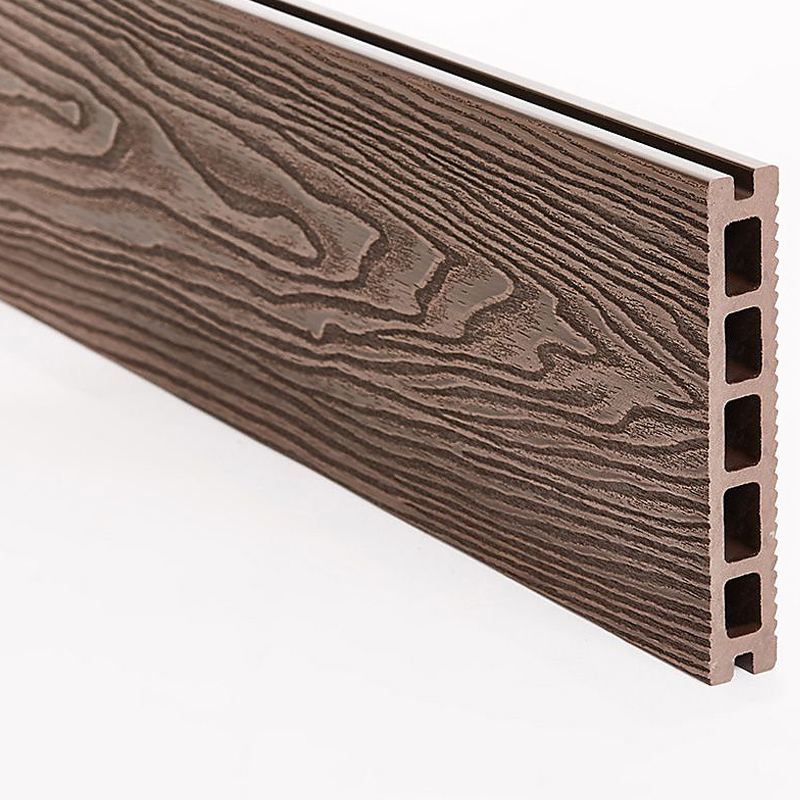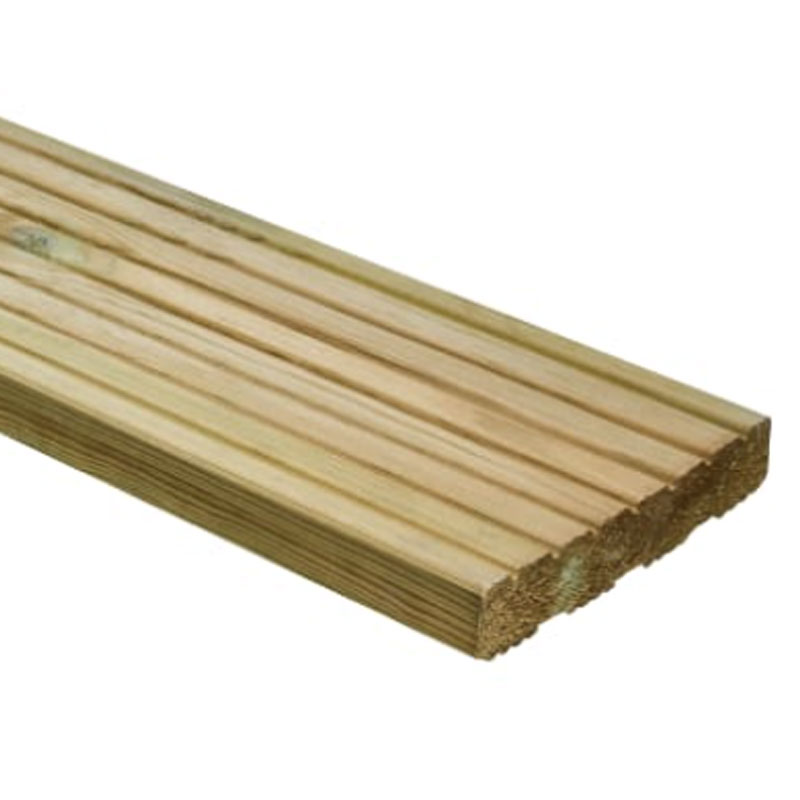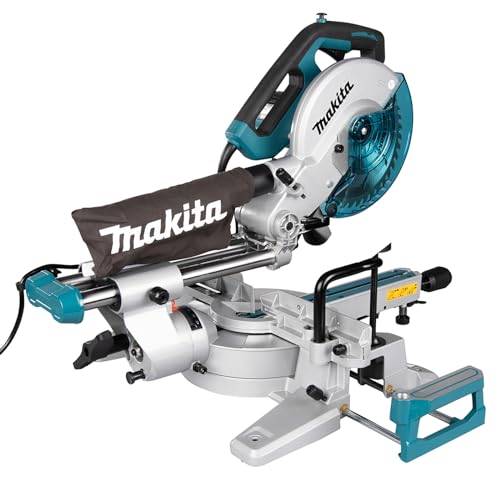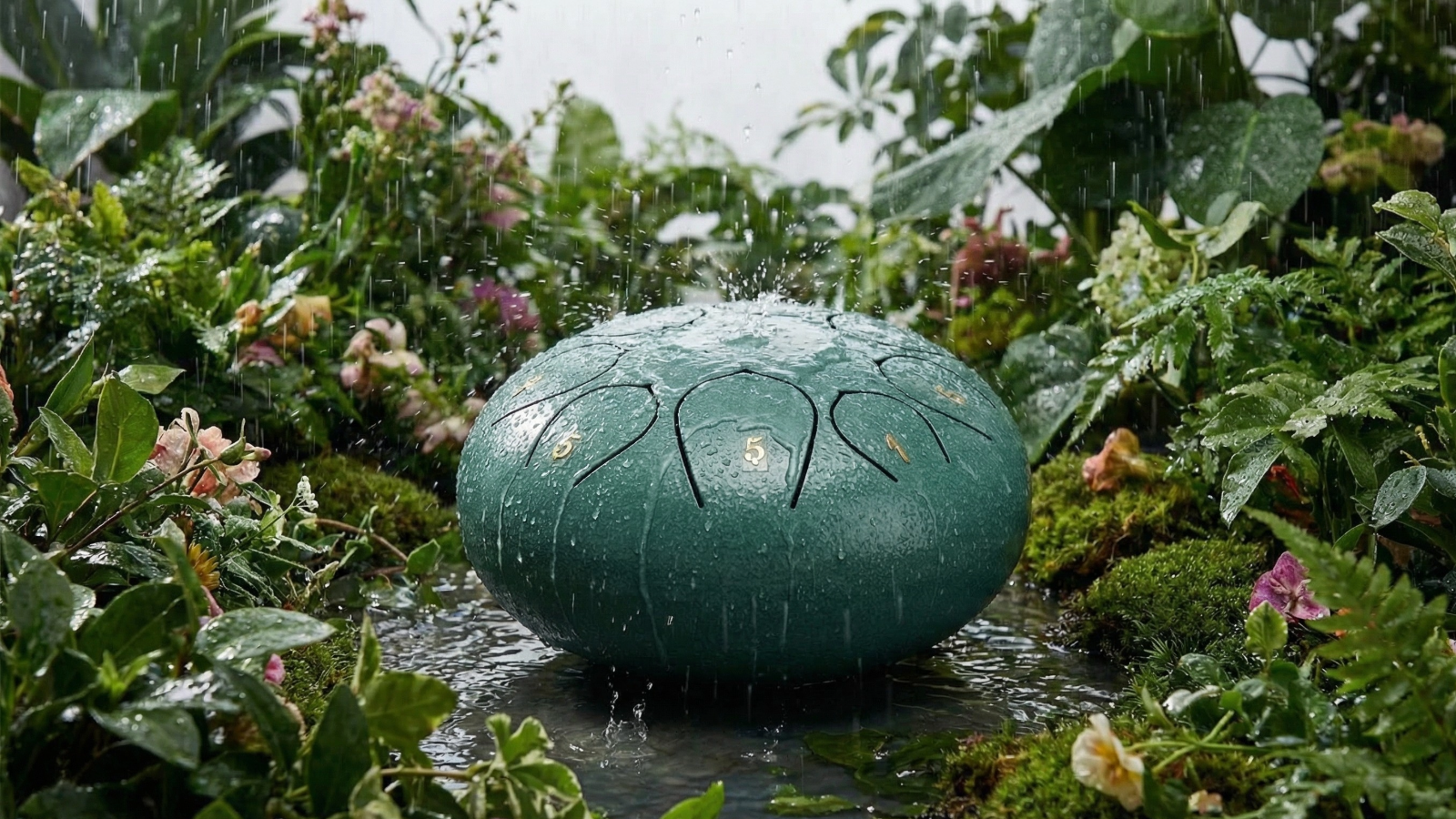Wood decking vs composite: Which should you choose for your next garden project?
Here the experts give their opinion on choosing between wood decking vs composite to help you decide which will give the look and longevity you want within your budget
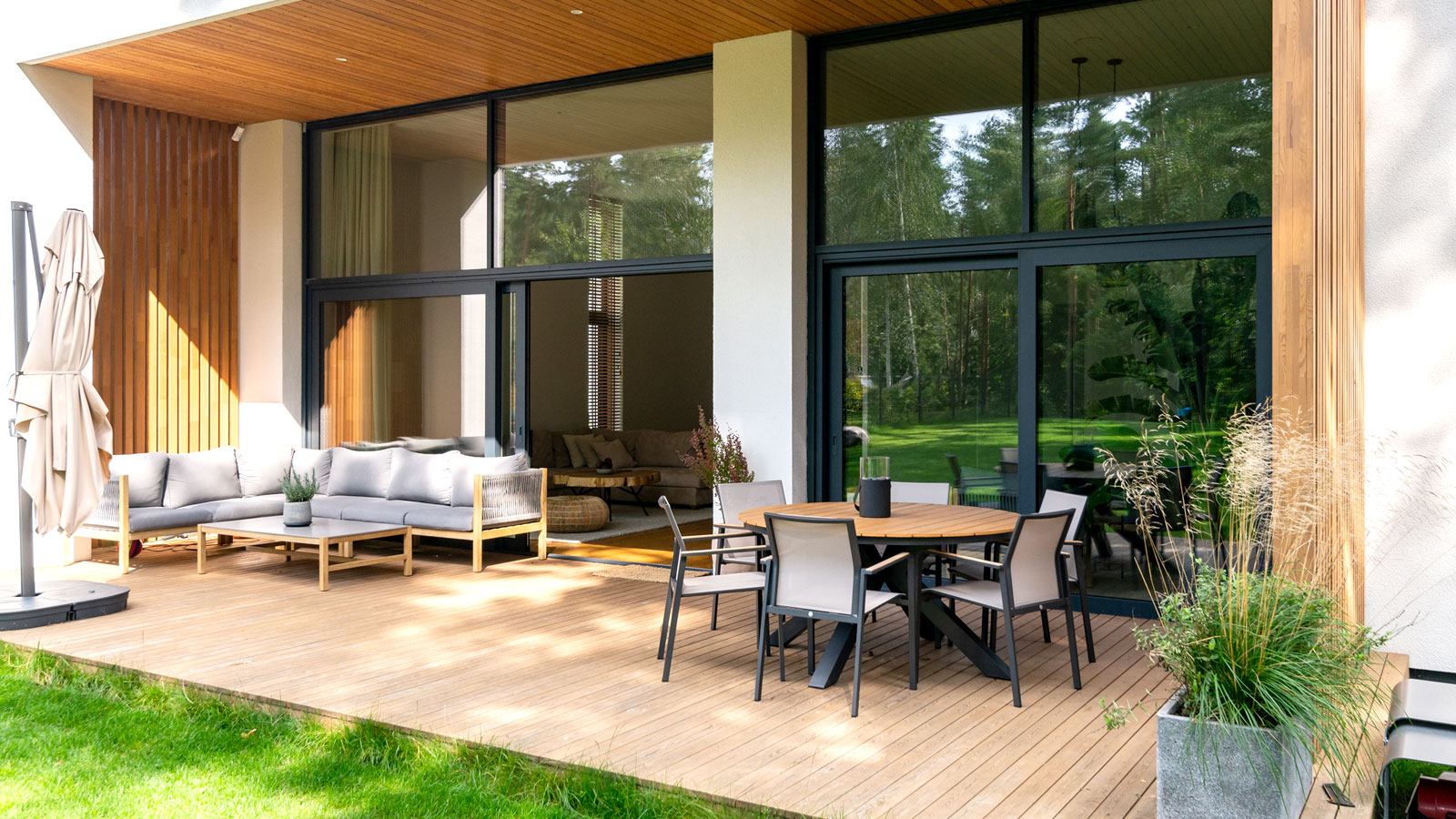
- Wood decking vs composite: What to consider
- Pros and cons of wood decking
- Pros and cons of composite decking
- What is the durability of wood and composite decking?
- Which is easier to maintain: Wood or composite decking?
- What is the cost of wood vs composite decking?
- Is a wood or composite deck better?
Bring your dream home to life with expert advice, how to guides and design inspiration. Sign up for our newsletter and get two free tickets to a Homebuilding & Renovating Show near you.
You are now subscribed
Your newsletter sign-up was successful
If you’re looking to install new decking, wood decking vs composite is a key component in the decision making process. Which will look best in your garden?Which is budget-friendly? And, which is easier to maintain? These are just a few questions you will need to answer.
Both options will be able to embrace your decking ideas, but will offer key differences. So before you dive in and start making any major decisions, read on to see what the experts have to say.

Nick is an expert in the decking sector. He’s been involved with decking & cladding projects of all sizes over the past 20 years. He is a strong believer in getting the installation right, first time for the best results.
Wood decking vs composite: What to consider
There are a few things you need to consider before deciding whether wood or composite decking is best for your garden.
First, you should familiarise yourself with the various materials involved in the creation of both natural and synthetic decking.
It could be that you end up using one material for the deck and another for any railings – given that some products have more visual appeal than others.
You will also need to think about any future work your decking may require.
Timber decking
There are many different types of timber available, which can broadly be broken down into softwoods and hardwoods. Hardwoods such as oak, beech or birch tend to be much more suitable for long-lasting decking due to their sturdy composition.
Bring your dream home to life with expert advice, how to guides and design inspiration. Sign up for our newsletter and get two free tickets to a Homebuilding & Renovating Show near you.
Hardwoods are generally more expensive, though, compared to softwoods (pine, fir and spruce, for example). Keep this in mind when determining your decking costs.
Thermally modified timbers are another alternative that are durable and long-lasting. These are created by heating less durable softwoods, such as pine, at high temperatures to remove any moisture and resin, thereby permanently enhancing them.
Some of the most prominent brands of thermally modified timber on the market right now are ThermoWood, Accoya, Thor, Kebony, Keywood and PlatoWood.
“Timber is a natural material, and aesthetically has the natural grain of wood. The decking colour will fade to silver-grey over time, if they’re not stained — this is the choice of the customer. Boards can be laid in any application and are easier to install than composite boards," says Steve Rogers, Sales Executive at Premier Forest Group, who recently acquired Monmouthshire Timber Supplies.
Composite decking
Composites on the other hand are a manmade product typically made from a combination of wood and plastic, which together create a robust and durable form of decking. Brands like Trekker Global, Cladco Decking and EnviroBuild provide quality composite decking.
Nick Whiley, Project Director at Trekker Global says, "Investing in the right composite decking for your home will create a space that you can use all year round. The key reason many of our customers choose composite decking is due to its longevity." He adds, "A quality, solid composite deck will not warp or rot like timber and will stand the test of time."
Whiley continues, "Sustainability is another important factor for many homeowners and composite decking can be a really sustainable option – with some options on the market being up to 100% recyclable at end of life."
And composite is easier to look after than timber shares Whiley, "After installation, timber decking requires regular maintenance which can be harmful to the environment, depending on the coatings selected, whereas composites can feature up to 25-year warranty with very minimal after-care."
Try these for your next decking project
Pros and cons of wood decking
Pros of wood decking
- Easier and quicker to install, particularly for large areas
- Can be treated with fire retardancy
- Most manufacturers now offer sustainable varieties that are also 100% recyclable
- Often cheaper – especially softwood materials
- Usually has a more natural look and feel
Nick Whiley, project director at Trekker Global, explains: “Wood tends to offer a more natural look as it has the warmth which composite decking potentially lacks. You can also stain the wood in a variety of colours and finishes, whilst composite doesn’t offer that flexibility.
“Some woods can be inexpensive in comparison to composite decking and so initially more affordable. You do have to factor in the long-term running of the decking and work this out in comparison to looking after composite.”
Cons of wood decking
- Can rot, warp and splinter in the British weather
- Comparatively high-maintenance – requires regular staining and cleaning
- Slippery when wet
- The more durable the wood, the higher the price tag tends to be
Karl Harrison, pro landscaper and Trex Composite Decking expert, explains: “Softwood has a limited lifespan much shorter than the rest of the products but hardwoods can last the longest… They are frighteningly expensive though.”
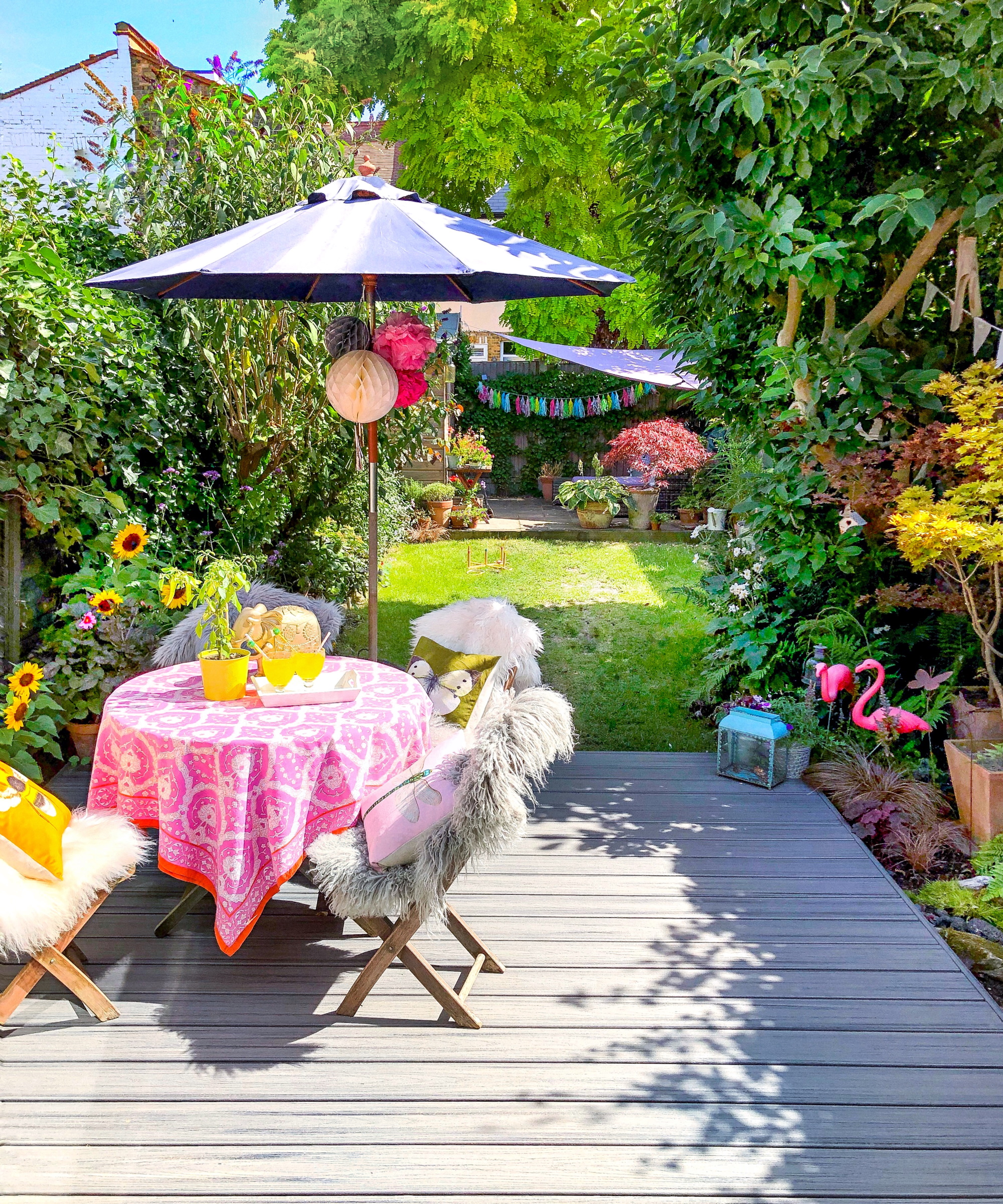
Pros and cons of composite decking
Pros of composite decking
- A low-maintenance alternative
- Harder, comparatively more durable composition
- Will not rot, splinter, warp or host algae growth
- Anti-slip, even when wet
- Becoming a more sustainable choice
Jess Brown, Digital Marketing Manager at Ecodek, explains: “Being confident underfoot means you can use your composite decking all year round, enabling you to make the most of your investment.
“Sustainability is now important to many homeowners when it comes to choosing products for their gardens – and although timber decking seems to be the obvious sustainable choice, it may surprise many of you to hear that wood composite decking can be a more environmentally sound option when choosing decking.
“Not only does it not usually require any harmful treatments, which are then released into the atmosphere, but boards such as those manufactured by Ecodek can be recycled repeatedly and are made from up to 95 percent recycled and sustainably sourced materials.”
Cons of composite decking
- Lacking the real wood look
- Prone to scratches
- Not as easy to repair
- Permanent colours
Whiley explains: “Although they do look similar to real wood, the boards are not formed solely from wood and therefore may not have quite the same natural, rustic look which you may be looking for. This can lack authenticity for some people."
He adds, “The tones of composite decking are permanent and there is not as much flexibility to stain or change the colour as there is with wood. If you would like to be able to change the colour of your decking then timber may be the right option for you.”
What is the durability of wood and composite decking?
The British standard for measuring how durable wood and wood-based products are (BS EN 350-1) puts them into one of five categories: one being the highest level of durability, five being the lowest level.
Any wood decking you buy should have a minimum rating of three, but hardwoods in particular must always be class one to ensure the longevity of your investment.
In a similar capacity, another British standard (BS EN ISO 14125) is used to determine the flexural properties of fibre-reinforced plastic composites, including composite decking.
While there may not yet be an equally reliable rating system by which to assess the overall quality of composite decking, improvements are being made all the time in the manufacturing of these types of products to ensure both their quality and longevity.
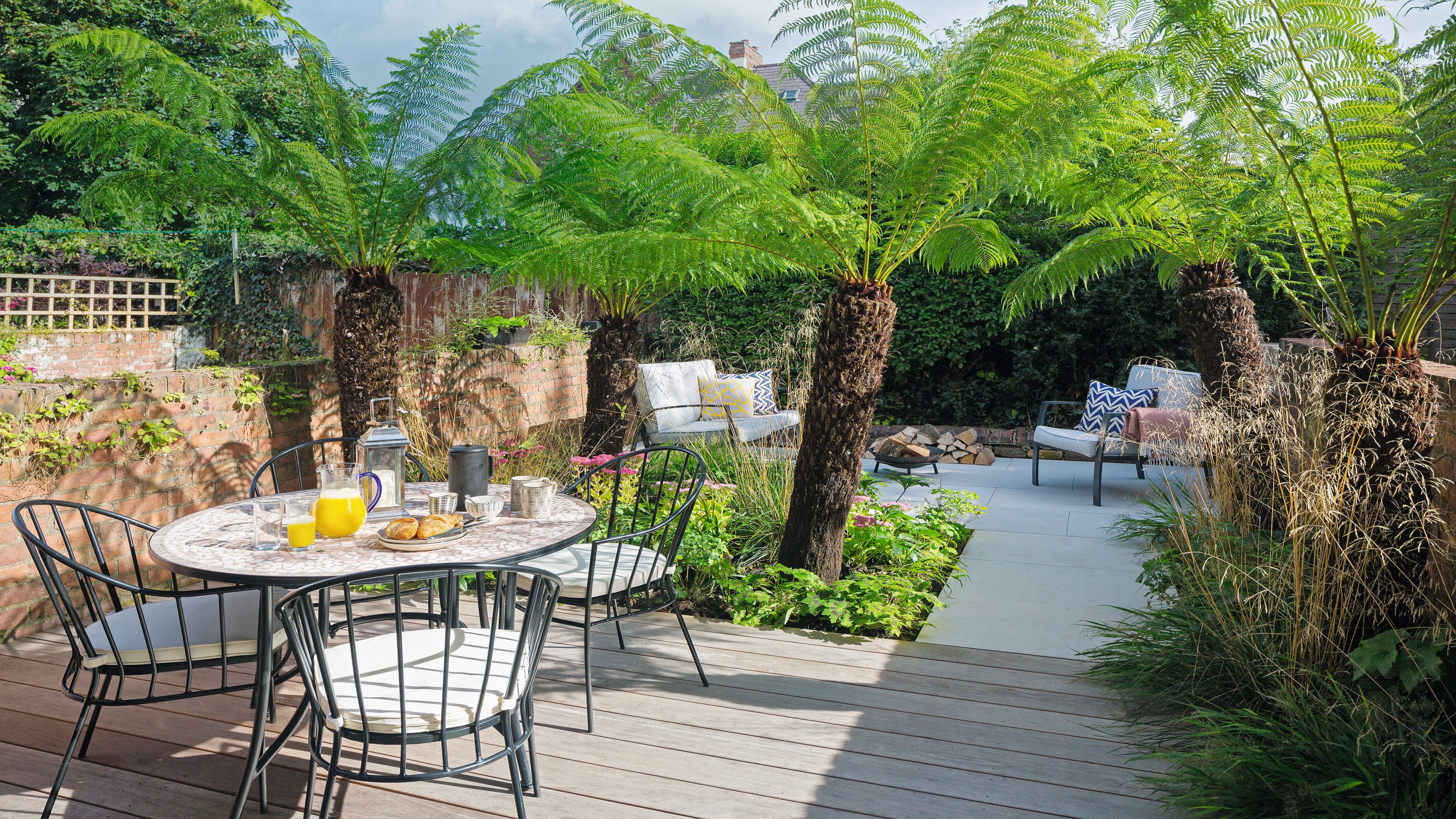
Which is easier to maintain: Wood or composite decking?
After you’ve learned how to install decking, the next thing will be figuring out how much maintenance you’re prepared to carry out so that it stays in tip-top shape.
Allan Jeffrey, founder of Ultra Decking, explains: “If you're looking for a minimal upkeep option, then it’s important to pick the right material for you. Composite decking requires far less upkeep and maintenance than other decking options. Unlike wood, it doesn’t need regular treating, staining or painting, and the colour doesn’t fade as quickly as wood.
“If you do end up with the inevitable spills, it’s easy to clean too. Second generation composite decking boards are produced with a thin plastic layer which wraps around the board to add increased protection from everyday use and mother nature's elements.”
While it is true that composite decking requires less maintenance than wood, the plastic used in some varieties may scratch more easily, making them harder to repair. Likewise, composite decking must be cleaned regularly to prevent moisture from building up and causing damage to your deck.
By the same token, wood decking may require more upkeep than composite, but, if well-maintained, that thermally modified wood and hardwood decking could still outlast a composite alternative by many decades. Plus, if one area develops rot or fungus, you can treat this separately.
Harrison explains: “For any kind of decking, simply buy another board and exchange for your old one that needs replacing… a saw and a screwdriver is all you need.”
Decks need to be looked after: Regardless of what they’re made from, you should learn how to clean decking properly for a consistently fresh look in your garden.
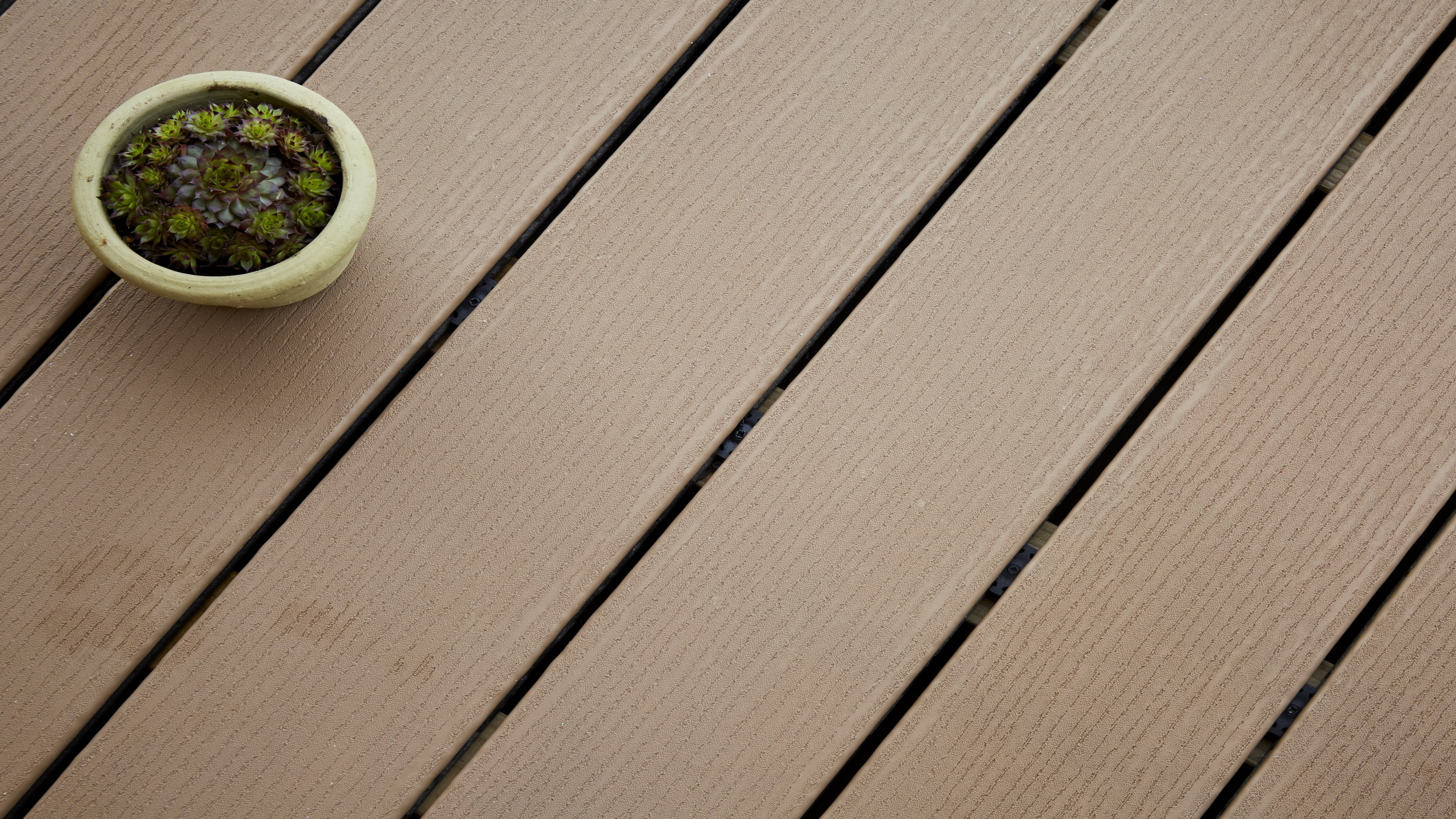
What is the cost of wood vs composite decking?
One major factor when choosing between wood decking vs composite is cost — and prices can vary considerably depending on the material and product used.
“The cost of all these materials varies tremendously. Each garden situation alone will dictate the amount of work required to create each project," Harrison explains.
“A sensible budget for a Trex® deck is from £250 to £320 plus VAT.
“The cheapest and certainly not the best solution in many cases is to use softwood. It doesn’t last as long as quality composites and needs regular treatment. A sensible cost would be from £160 to £220 plus VAT/m2.”
However, the final cost of completion will vary based on the amount of decking material used, as well as typical labour costs, which are priced on average at anywhere from £120-£200 per day.
This means that in total, you could be spending close to £1,000 for a brand new softwood deck, and as much as double that if you're planning on using hardwood or composite decking.
Do bear in mind, though, that the recent price shifts in the decking materials market are making consumers reassess their position in the wood decking vs composite debate.
Jeffrey explains: “Whilst the cost of composite decking can be more expensive than other options, when you begin to factor in the life span, the costs begin to pay for themselves over time.
“And as the cost of timber has significantly increased in just this year alone, the difference in price is now outweighed by the longevity and practicality that composite decking offers. The price gap between timber and composite is now far smaller than ever before.”
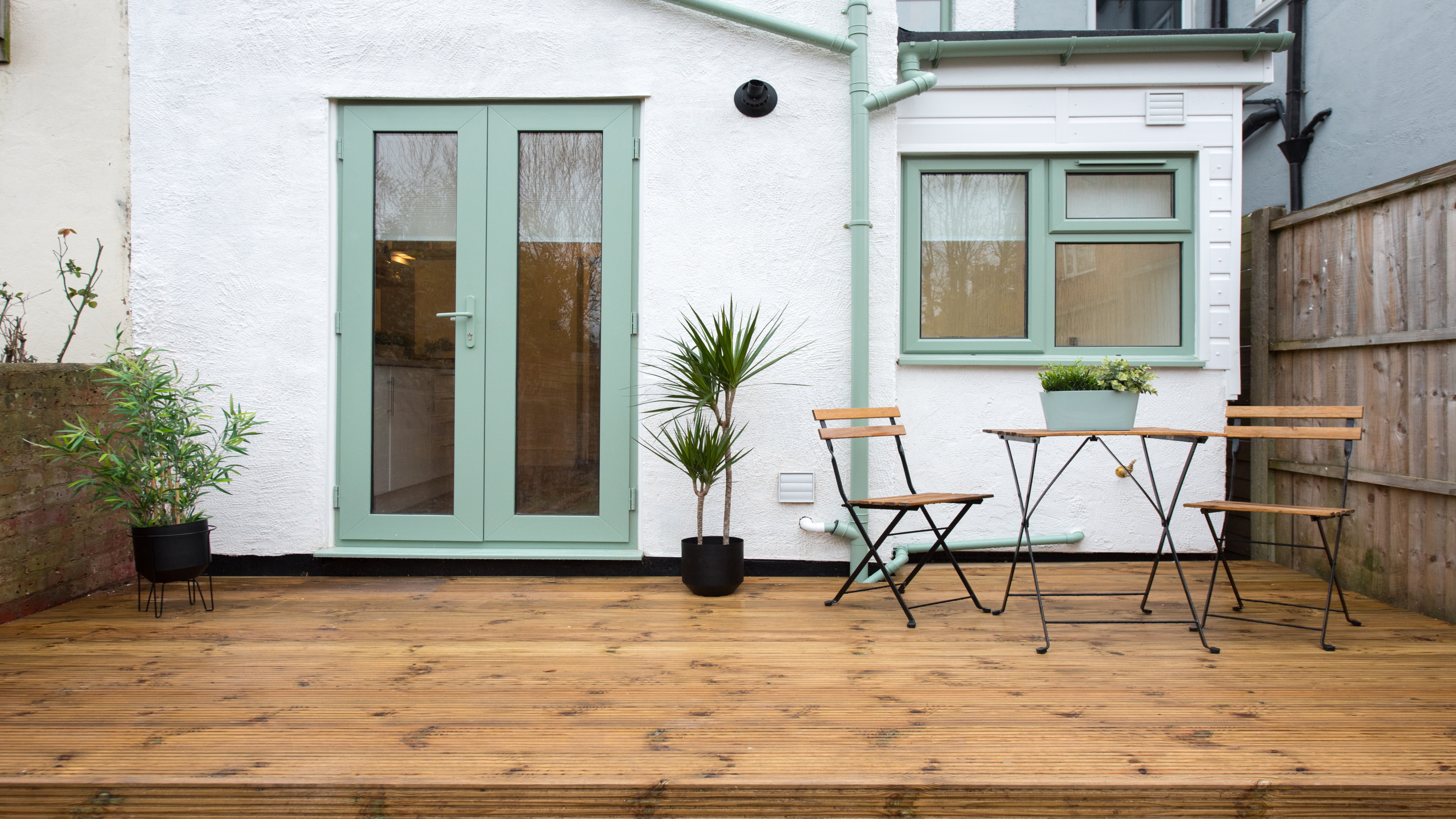
Is a wood or composite deck better?
When making the decision between wood decking and composite, you must think carefully about what’s best for the overall look and feel of your garden. Wood decks have a certain authenticity about them, while composite structures are highly practical and versatile.
You may even find that your preferred option is a wood/composite deck combo, mixing the best qualities of both materials.
Brown explains: “For many homeowners only real timber will do. However, if longevity, safety, and sustainability are prerequisites for you when choosing decking, it is worth considering wood composite as an extremely viable and attractive alternative.”
Remember to weigh up the pros and cons of each deck type in relation to whatever future outdoor projects you have planned as well.
Whether you choose wood or composite, decking maintenance is critical to keeping it in good condition. Learn how to make decking non-slip to keep it looking good and you safe and other decking mistakes you might want to avoid.
Rob Keal is the Content Editor at Homebuilding & Renovating. With a background in content marketing, he began his career back in 2016 as a freelancer, before honing his craft at various digital marketing agencies. Looking to specialise in DIY and homes, he joined the team in February 2022.
Renovation has been part of his life since he was nine years old, when his parents bought a medieval cottage and completely revived it, introducing him to kitchen remodels, loft conversions, landscape gardening, and much more besides along the way. A bedroom extension and patio refurbishment are among his next planned projects. He is also passionate about interior design and landscape gardening.
